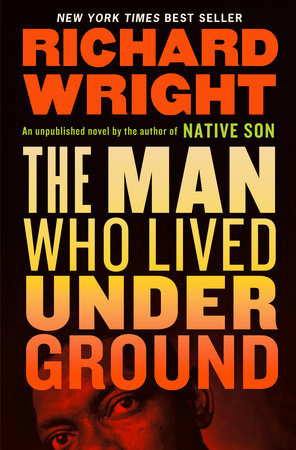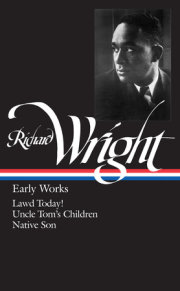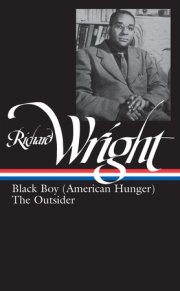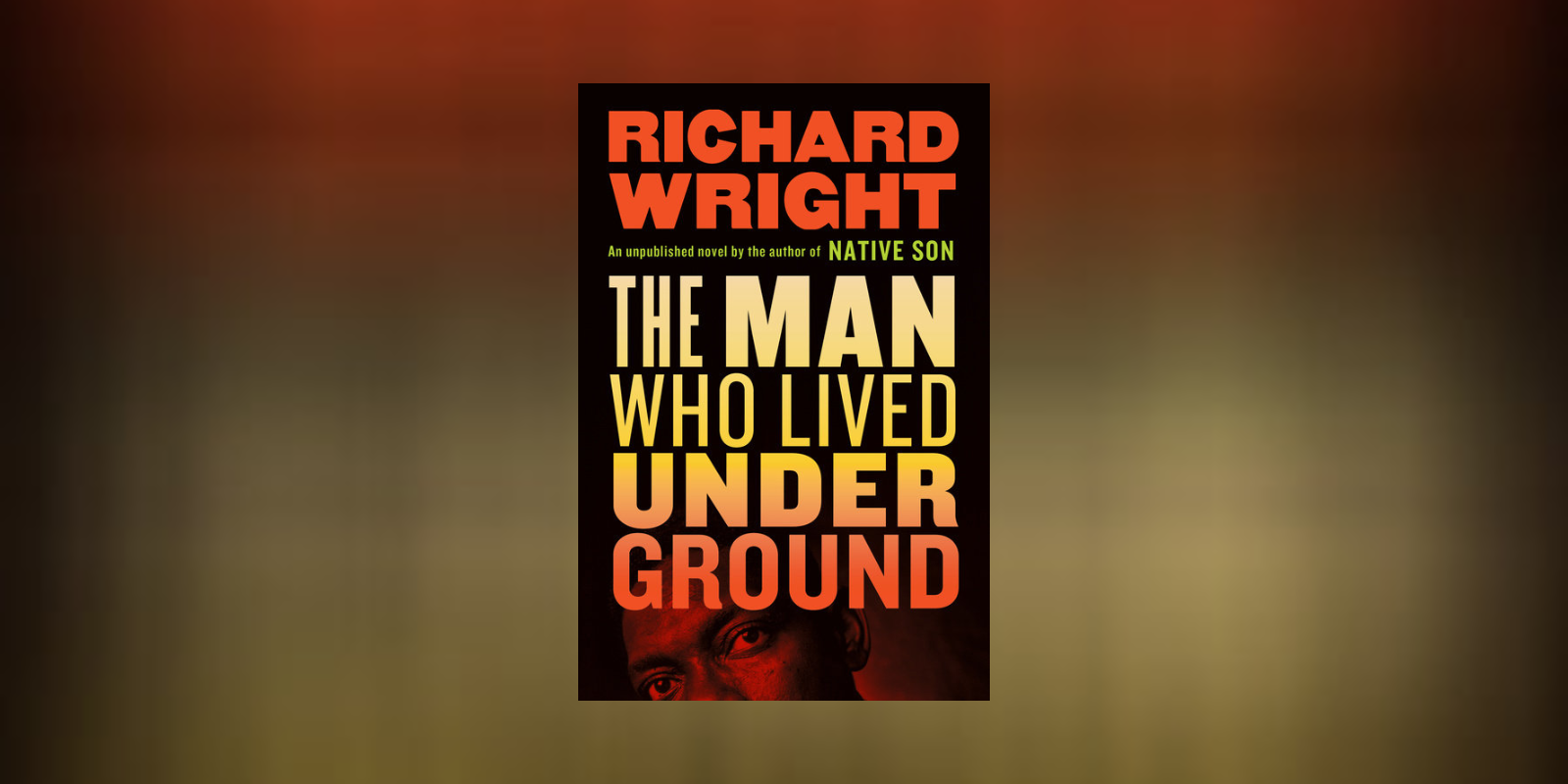The door of the police car swung open quickly and the man behind the steering wheel stepped out; immediately, as though following in a prearranged signal, the other two policemen stepped out and the three of them advanced and confronted him. They patted his clothing from his head to his feet.
“What’s your name?” asked the policeman who had been called Lawson.
“Fred Daniels, sir.”
“Ever been in trouble before, boy?” Lawson said.
“No, sir.”
“Where you think you’re going now?”
“I’m going home.”
“Where you live?”
“On East Canal, sir.”
“Who you live with?”
“My wife.”
Lawson turned to the policeman who stood at his right. “We’d better drag ’im in, Johnson.”
“But, Mister!” he protested in a high whine. “I ain’t done nothing . . .”
“All right, now,” Lawson said. “Don’t get excited.”
“My wife’s having a baby . . .”
“They all say that. Come on,” said the red-headed man who had been called Johnson.
A spasm of outrage surged in him and he snatched backward, hurling himself away from them. Their fingers tightened about his wrists, biting into his flesh; they pushed him toward the car.
“Want to get tough, hunh?”
“No, sir,” he said quickly.
“Then get in the car, Goddammit!”
He stepped into the car and they shoved him into the seat; two of the policemen sat at either side of him and hooked their arms in his. Lawson got behind the steering wheel. But, strangely, the car did not start. He waited, alert but ready to obey.
“Well, boy,” Lawson began in a slow, almost friendly tone, “looks like you’re in for it, hunh?”
Lawson’s enigmatical voice made hope rise in him.
“Mister, I ain’t done nothing,” he said. “You can ask Mrs. Wooten” back there. She just paid me off and I was on my way home . . .” His words sounded futile and he tried another approach. “Look, Mister, I’m a member of the White Rock Baptist Church. If you don’t believe me, call up Reverend Davis . . .”
“Got it all figured out, ain’t you, boy?”
“No, sir,” he said, shaking his head emphatically. “I’m telling the truth . . . “
A series of questions made him hopeful again.
“What’s your wife’s name?”
“Rachel, sir.”
“When is this baby going to be born?”
“Any minute now, sir.”
“Who’s with your wife?”
“My cousin, Ruby.”
“Uh huh,” Lawson said, with slow thoughtfulness.
“I think he’ll do, Lawson,” said the tall, raw-boned policeman who had not spoken before.
Lawson laughed and started the motor.
Copyright © 2021 by Julia Wright and Rachel Wright. All rights reserved. No part of this excerpt may be reproduced or reprinted without permission in writing from the publisher.




